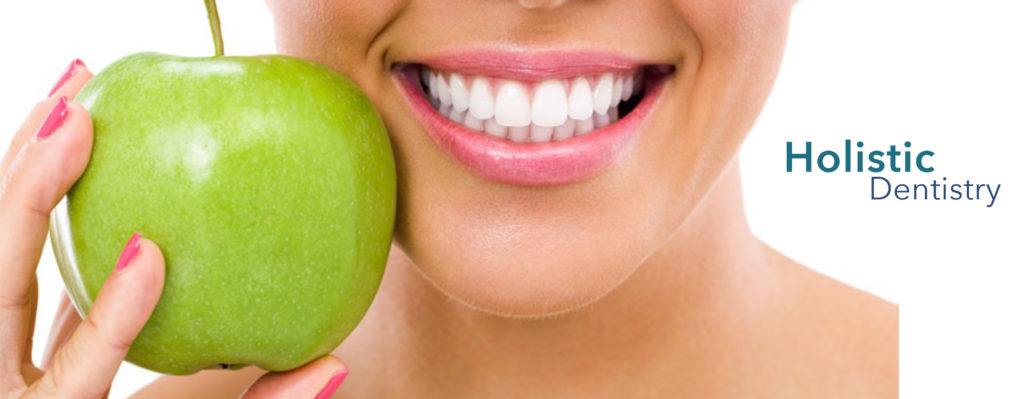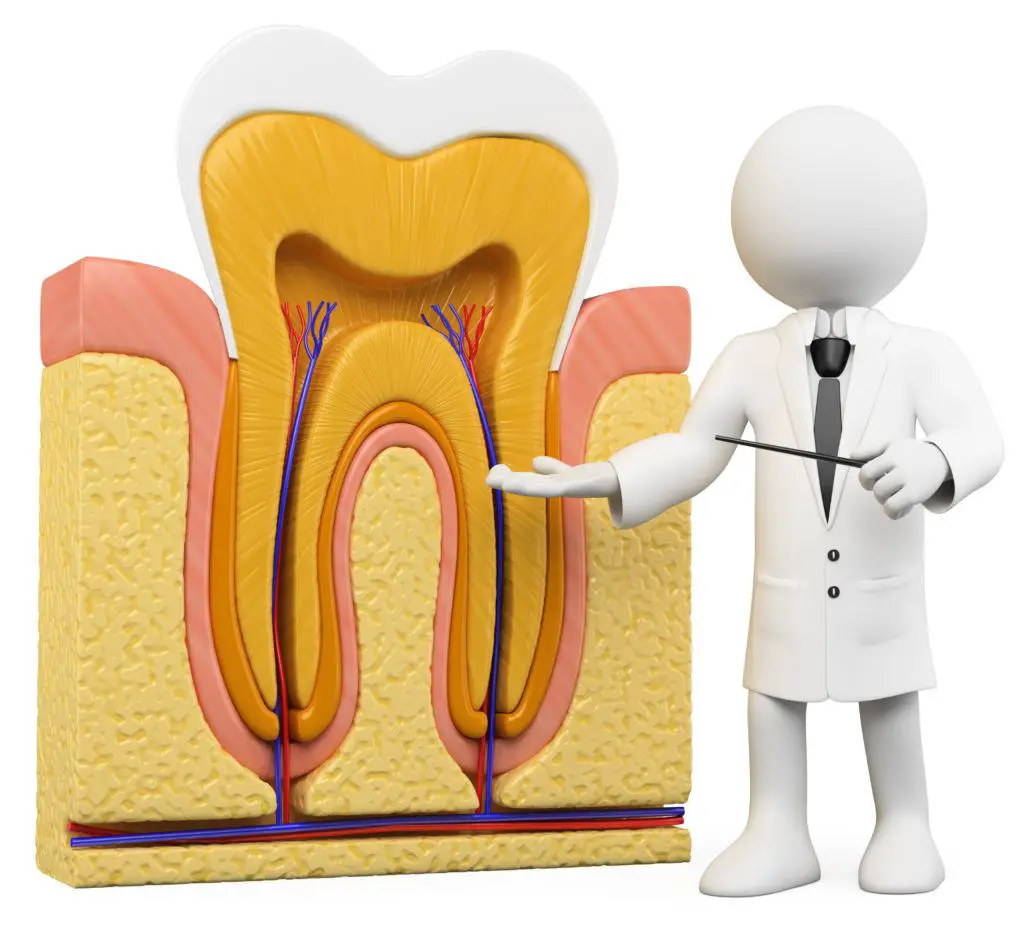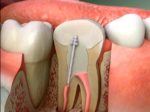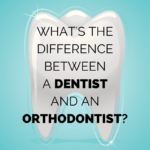When you hear of a dentist, what comes to mind? Probably, a medical practitioner who is after the health of your teeth, right? Well, this is absolutely true but that is only what a traditional dentist does.
A holistic dentist, on the other hand, is not only after treating your teeth problems but promoting your overall health as well. Granted, both dentists have the same medical training but the latter has undergone additional training and acquired more knowledge and qualification on the safest solutions for a host of teeth problems.
Holistic dentistry and traditional have some similarities and quite a number of differences as well. In this guide, we highlight the main difference just to give you more insight into why the holistic approach is the ideal route for you. One of the professionals you may want to visit is a dentist in plantation.

- Mercury Fillings
To the average human being, what really sets a holistic dentist apart from the traditional dentist is the use of mercury amalgam fillings. Traditional dentistry champions the use of mercury fillings primarily because it is covered by insurance companies. What’s more, many of them will print ADA and FDA names all over the fillings to give the impression that they are safe and stabilized for human use. Mercury fillings are also quite easy to fill than composite fillings.
In contrast, holistic dentists are well aware of the deadly dangers of having even the tiniest amount of mercury on the body. While it’s true that amalgam fillings outlast composites, they exert intense pressure on the tooth leading to weakness. In the end, the filing will last longer than the tooth which goes against what dentistry is all about in the first place. Holistic dentists don’t install mercury fillings and always seek to meet safety guidelines for teeth extraction.
- Use Of Fluoride
Another major difference between the two types of dentistry is the use of fluoride to decrease cavities. Your guess is right: traditional dentists don’t see any problem with using fluoride in both an ingested and tropical forms. Holistic dentists are against the use of fluoride claiming that it is linked to cancer and a number of bone issues.
- Root Canal Therapy

Most conventional dentists often recommend root canal therapy as the most effective and safe method of saving a tooth that shows no sign of life. However, holistic dentists have realized that a root canal therapy is only effective if the canal as 100% sterilized—a fact that studies have proved difficult to achieve. They also argue that the sterilization chemicals and the bacteria left after a root canal therapy can lead to a host of complications including heart disease, breast cancer, and more deadly diseases.
- Biocompatibility Testing
Biocompatibility testing is done to establish whether the materials intended for use will cause a reaction in your body. Most conventional dentists don’t see any need to conduct these tests. In fact, they will not explain the difference between different composites offered. If anything, they don’t let you choose the material to be used for your cavity. Holistic dentists do the exact opposite. Everything that goes into your mouth is first tested to see if it will affect your body. They have equipment on site for this. Further, they will clearly explain everything so that you make a choice on what’s best for you.
From the above differences, it is clear that holistic dental care takes the necessary steps to promote overall health and wellness. The practice steers clear of any dental practices that pose a threat to the health of the patient. As a result, they utilize natural and harmless methods to eliminate teeth issues that don’t have adverse effects on the body.





